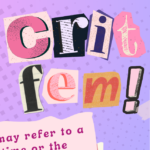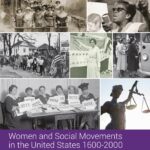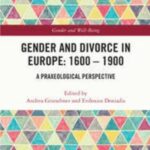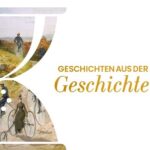Jon Mathieu (Luzern) and Luigi Lorenzetti (Mendrisio)
Proposals by: 01.08.2024
The publishing house Routledge will produce a comprehensive Handbook of the History of the Alps by 2026. With this call for chapter proposals the editors would like to invite you to participate in this endeavour.
The handbook is edited by the swiss historians Jon Mathieu and Luigi Lorenzetti and supported by the Laboratorio di Storia delle Alpi at the Univ. della Svizzera italiana and the International Society for Alpine History. It will include approximately thirty chapters of 5000-6000 words each (30-38’000 characters). The Handbook is divided into four major epochs and becomes increasingly detailed as we move closer to the present. There are still a series of open topics, particularly in the contemporary period, for which the editors are looking for authors with this open call.
- Chapter for the period between the 12 and 18/19th century („Evolving mountain landscapes“): Religion and Politics in the alpine area.
- Chapter for the period between the 18th century and ca. 1970 („Paths of modernisation“): The Alps in literature and arts.
- Chapters for the period from ca. 1970 to present („Contemporary tendencies“): Urbanisation in and around the Alps | Energy discussions and solutions | Diversification of sports in the alpine area. | Within this contemporary period, you can also propose new topics for a tendency that you find particularly interesting.
The exact definition and content of the individual chapters are negotiated with the editors. If you are interested in contributing a chapter, please send a proposal together with a short CV by August 1, 2024 at the latest to: jon.mathieu@bluewin.ch and/or luigi.lorenzetti@usi.ch.
Source: Rural History Newsletter 87/2024-98/2024

 Centre for Feminist Research at York Univ., Ontario
Centre for Feminist Research at York Univ., Ontario  Women and Social Movements in the United States, 1600-2000
Women and Social Movements in the United States, 1600-2000  Andrea Griesebner, Inst. für Geschichte der Univ. Wien und Evdoxios Doxiadis, Department of History at the Simon Fraser Univ., Burnabay
Andrea Griesebner, Inst. für Geschichte der Univ. Wien und Evdoxios Doxiadis, Department of History at the Simon Fraser Univ., Burnabay 2. Österreichischer Bibliothekskongress
2. Österreichischer Bibliothekskongress  Geschichten aus der Geschichte; Richard Hemmer und Daniel Meßner
Geschichten aus der Geschichte; Richard Hemmer und Daniel Meßner  Dritte Tagung der German Labour History Association
Dritte Tagung der German Labour History Association  Akademie der Diözese Rottenburg-Stuttgart
Akademie der Diözese Rottenburg-Stuttgart